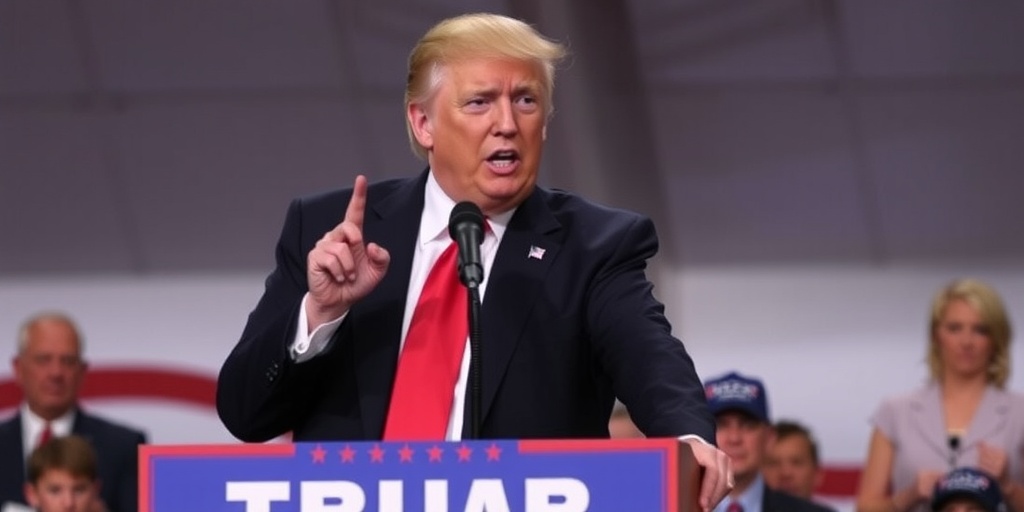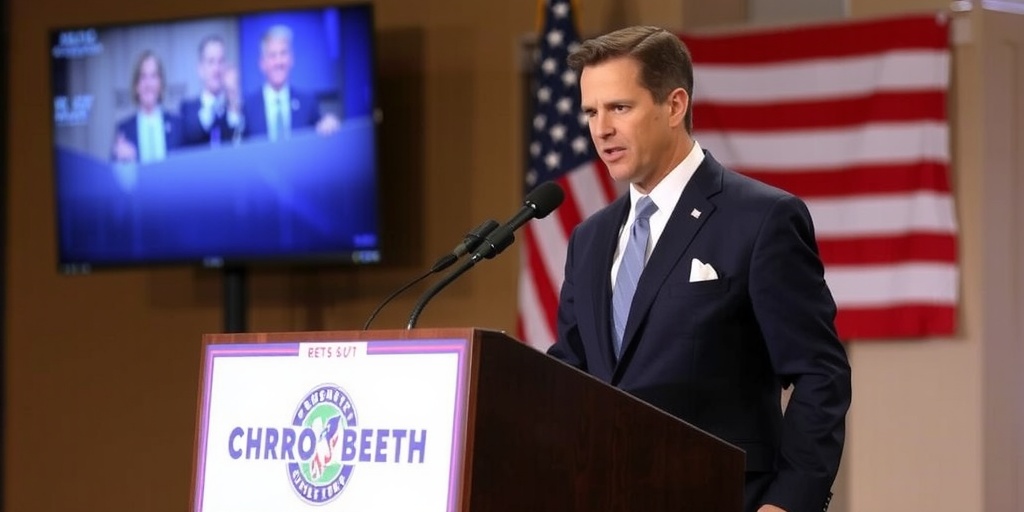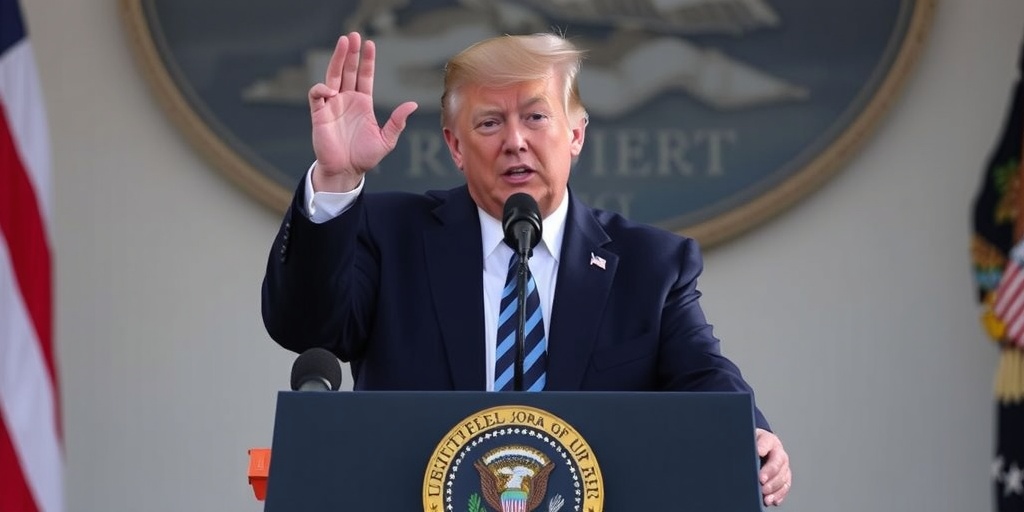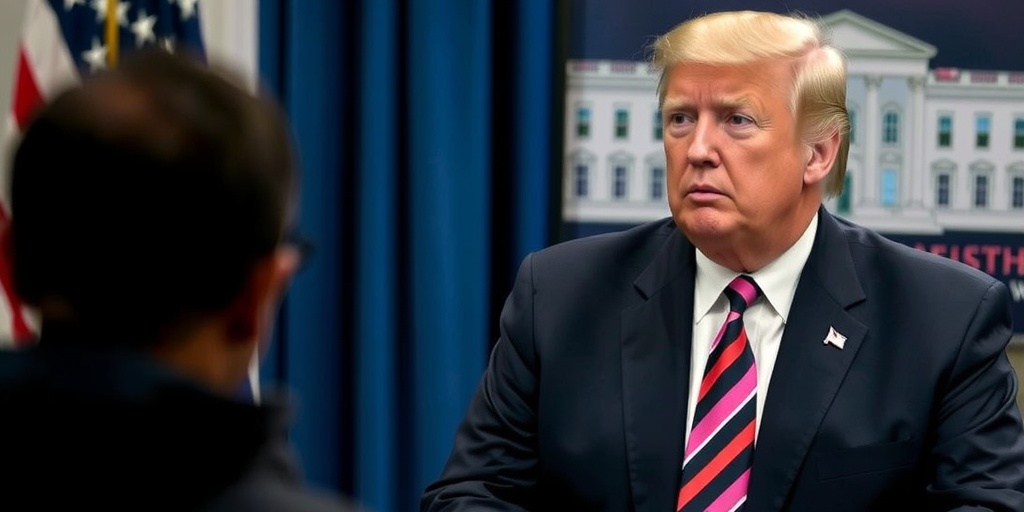Now Reading: Senators to Grill Trump’s CDC Nominee Weldon
-
01
Senators to Grill Trump’s CDC Nominee Weldon
Senators to Grill Trump’s CDC Nominee Weldon
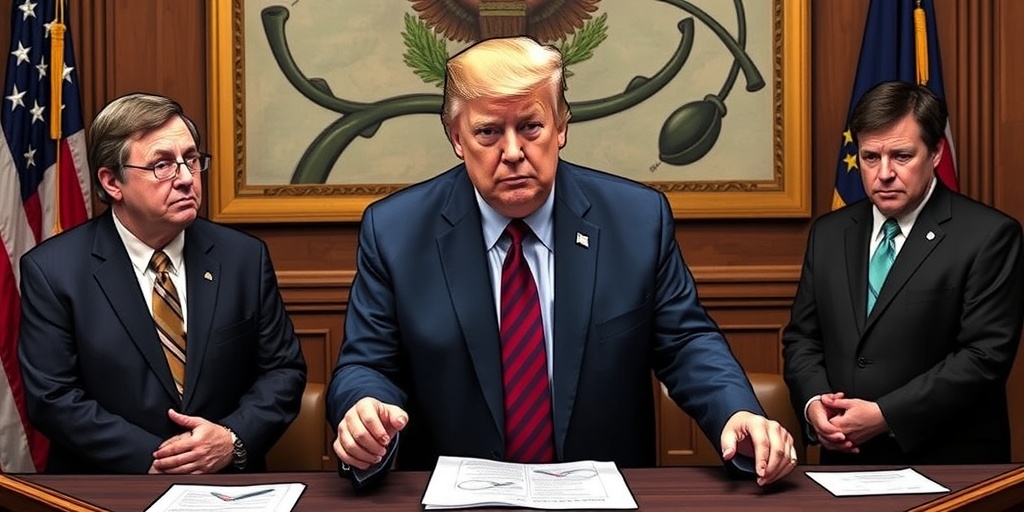
Dr. Dave Weldon’s Confirmation Hearing: A Controversial Nominee for CDC Leadership
Dr. Dave Weldon, a former Republican congressman and the nominee for the directorship of the Centers for Disease Control and Prevention (CDC), is set to appear before the Senate health committee on Thursday. This hearing marks a significant occasion as it is the first time in history that an agency director has been subjected to the confirmation process, reflecting the heightened scrutiny surrounding public health leadership in the wake of the COVID-19 pandemic and other emerging health crises.
At 71 years old, Dr. Weldon is not as widely recognized as some of the other nominees to lead major agencies within the Department of Health and Human Services. However, his alignment with Robert F. Kennedy Jr., the newly appointed health secretary, has drawn considerable attention. Both individuals have expressed skepticism regarding the safety and efficacy of certain vaccines, a stance that has sparked controversy given the ongoing public health challenges the country faces, including significant outbreaks of diseases that vaccines help prevent.
Dr. Weldon’s criticisms of the CDC and its vaccine policies have been ongoing for many years. He has maintained a professional relationship with Mr. Kennedy for over 25 years, during which they have both raised alarms about vaccine safety. This concurrent questioning of vaccine protocols coincides with alarming trends in healthcare, including a notable resurgence in measles cases in Texas and New Mexico, where outbreaks have infected over 250 people and resulted in two fatalities. Furthermore, the arrival of a challenging flu season has led to unprecedented hospitalization rates, intensifying the need for effective public health strategies.
During his tenure in Congress from 1995 to 2009, Dr. Weldon was perhaps best known for championing the Weldon Amendment, legislation designed to protect healthcare providers and insurance plans from being forced to participate in abortion services. He has also advocated for abstinence education as the most effective preventative measure against sexually transmitted infections (STIs). Notably, the rates of STIs have surged in recent years, with cases only beginning to plateau in 2023, underlining the urgency of public health discussions surrounding sexual health and infection control.
Given the current backdrop of public health crises, Dr. Weldon is expected to face rigorous inquiries during his confirmation hearings. Lawmakers will likely question him on his views regarding the measles vaccine, which he has previously critiqued, as well as his position on the CDC’s handling of vaccine-related safety research. His calls to shift the vaccine safety office away from CDC oversight, suggesting a potential conflict of interest, could also become a focal point of discussion.
Despite his critical views on specific vaccines, Dr. Weldon identifies as a supporter of vaccination in general. In a recent interview, he mentioned his efforts to remove mercury from childhood vaccines, a claim that has been a topic of debate within the medical community. He stated that both of his adult children are fully immunized, and as a physician practicing in coastal Florida, he administers thousands of flu and other vaccine doses to his patients each year. “I’ve been described as anti-vaccine,” he acknowledged, while also asserting his commitment to vaccination: “I give shots. I believe in vaccination.”
The Senate Committee on Health, Education, Labor, and Pensions has previously questioned other nominees, including Mr. Kennedy as well as Dr. Jayanta Bhattacharya and Dr. Marty Makary, nominees for the National Institutes of Health and the Food and Drug Administration, respectively. The pattern of inquiry appears to follow party lines, with committee members from both sides presenting questions that reflect their political allegiances and public health philosophies.
Senator Bill Cassidy, a member of the committee and a trained physician, is expected to challenge Dr. Weldon regarding the hepatitis B vaccine, which is administered to newborns. Dr. Weldon’s skepticism about the necessity of vaccinating children against hepatitis B—viewing it primarily as a sexually transmitted infection affecting adults—will likely provoke debate about the importance of immunizing young populations against communicable diseases.
As the hearing approaches, the implications of Dr. Weldon’s confirmation for the CDC could have lasting repercussions on public health policy, especially during a time when the nation grapples with the dual crises of infectious disease outbreaks and vaccine hesitancy. The dialogue around his nomination will shed light on the evolving priorities within the Department of Health and Human Services as it navigates the complex landscape of public health in America.
Stay Informed With the Latest & Most Important News
Previous Post
Next Post
-
 01New technology breakthrough has everyone talking right now
01New technology breakthrough has everyone talking right now -
 02Unbelievable life hack everyone needs to try today
02Unbelievable life hack everyone needs to try today -
 03Fascinating discovery found buried deep beneath the ocean
03Fascinating discovery found buried deep beneath the ocean -
 04Man invents genius device that solves everyday problems
04Man invents genius device that solves everyday problems -
 05Shocking discovery that changes what we know forever
05Shocking discovery that changes what we know forever -
 06Internet goes wild over celebrity’s unexpected fashion choice
06Internet goes wild over celebrity’s unexpected fashion choice -
 07Rare animal sighting stuns scientists and wildlife lovers
07Rare animal sighting stuns scientists and wildlife lovers













